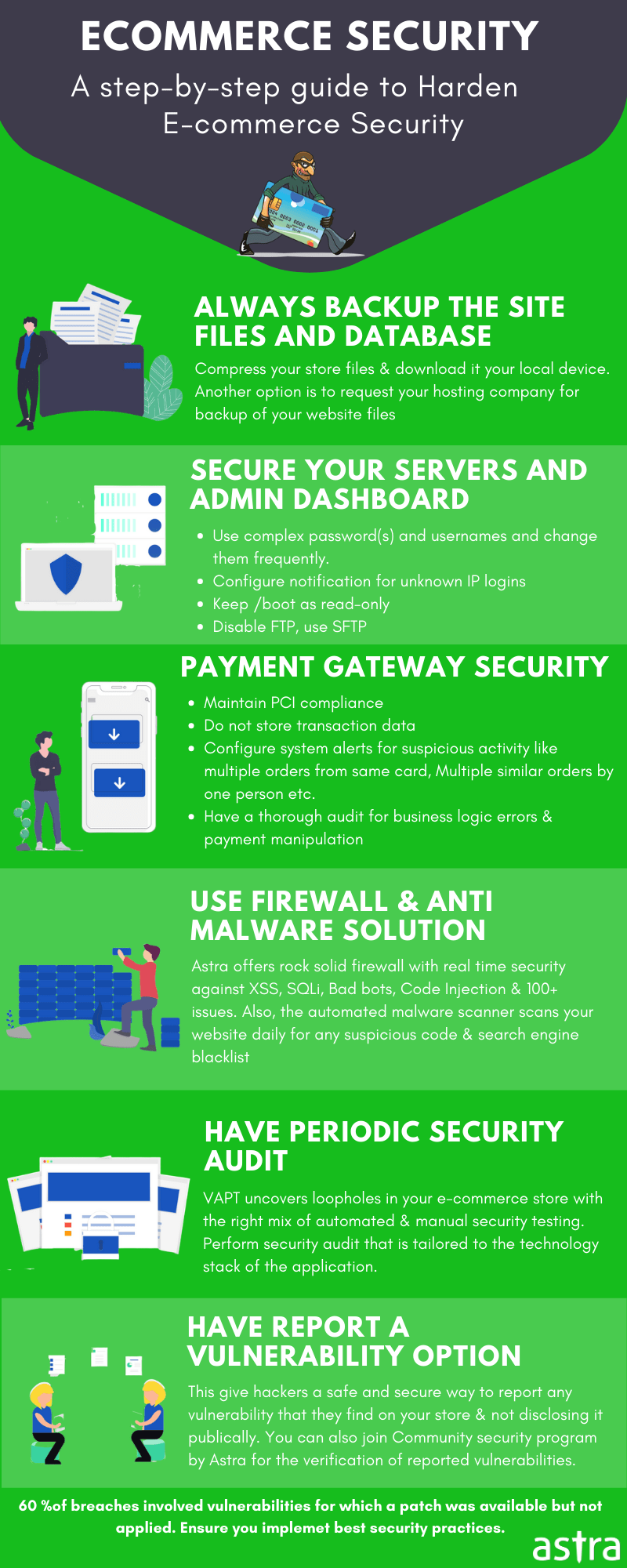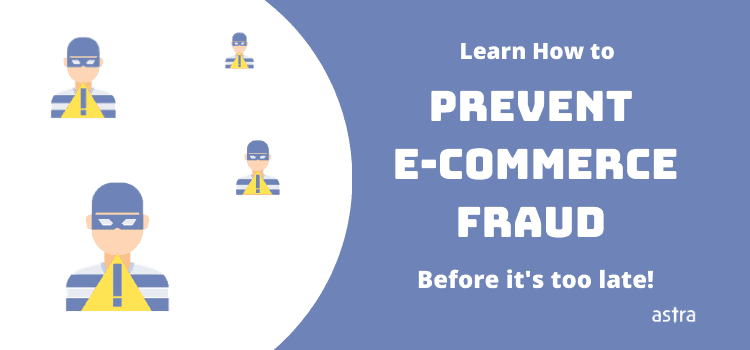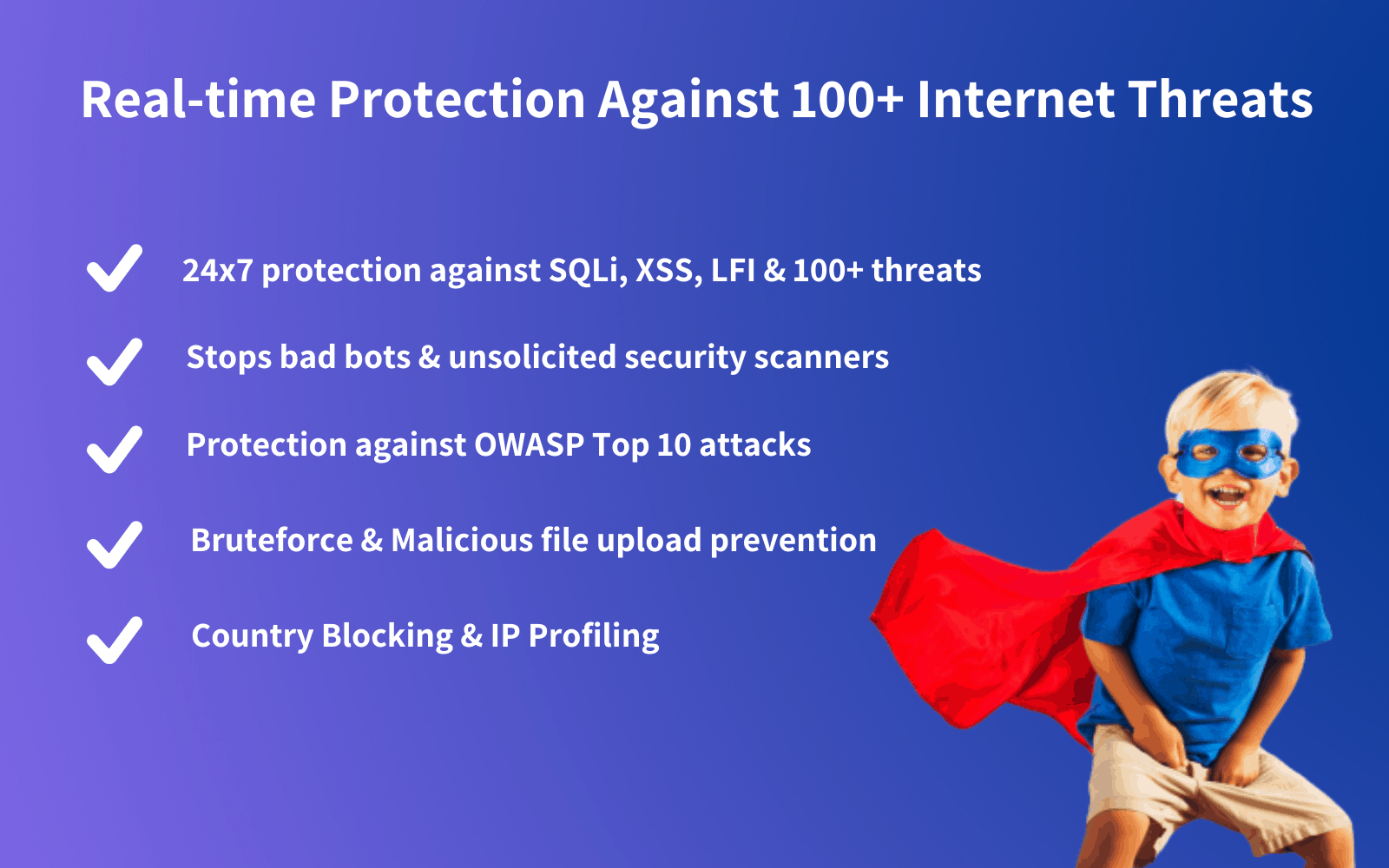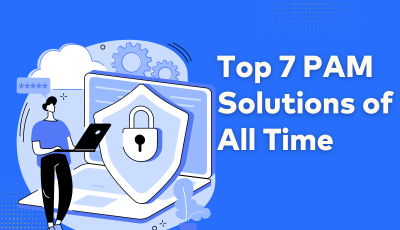Article Summary
The introduction and growth of e-commerce have made our lives easy. You can buy or sell almost anything simply sitting at home. There are so many reasons why people switched to e-commerce nowadays. According to Profit Industry, worldwide retail eCommerce sales will reach $4.5 trillion by the year 2021. But there is one thing that you should be careful about and that is – Ecommerce Fraud.
The introduction and growth of e-commerce have made our lives easy. You can buy or sell almost anything simply sitting at home. There are so many reasons why people switched to e-commerce nowadays. The worldwide retail eCommerce sales will reach $4.5 trillion by the year 2021. But there is one thing that you should be careful about and that is – Ecommerce Fraud.
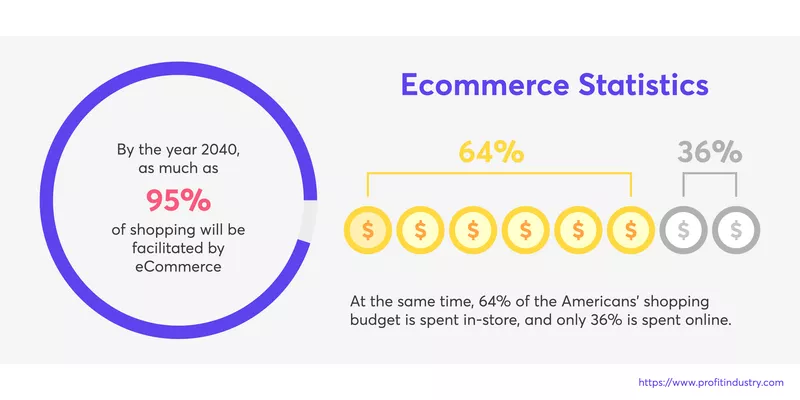
According to the data formulated by Experian, an information services company, the growth rate of e-commerce fraud is twice as that of the sales. Scary, isn’t it?
But what exactly qualifies as an e-commerce fraud? We have covered that in detail in this article and practical ways to prevent it. So let’s jump right into it.
What is E-commerce Fraud?
Wikipedia defines e-commerce fraud as – a deliberate attempt to hide information or present incorrect information in order to extort money or other benefits out of the victim. When bad actors use these illicit methods to buy or sell something online, someone is bound to get compromised.
For obvious reasons, e-commerce frauds are highly undesirable. Some of the types of frauds are triangulation fraud, identity theft, credit card fraud, payment fraud, etc. You will read more about them in the next section.
Frauds committed in the business sector are most commonly called payment frauds. The most common payment fraud is done by using credit cards. While committing an online payment fraud, the fraudsters don’t require the credit card to be physically present.
Types of E-commerce Fraud
There are several types of e-commerce frauds. Let’s explore them one by one.
1. Identity Theft
Identity theft accounts for 71% of e-commerce fraud. Using someone else’s identity to purchase items is called identity theft.
A credit card need not be physically present to make online transactions. Therefore, hackers can use stolen credit card numbers to purchase items from your store. You might not receive your money since the owner of the card would block or freeze his account. It is therefore important to identify and block credit card frauds.
2. Supplier Identity Theft
Supplier identity theft is when the tricksters pose as suppliers like wholesale suppliers or dealers. It is also called merchant theft.
They ask you to sign up and pay for goods and then never deliver them. To attract people, they offer really attractive deals at super cheap rates.
Related Guide – How to secure your E-Commerce Store
3. Pagejacked
Pagejacked is when tricksters make fake look-alike web pages of trusted websites. The usual customers of that website may accidentally click on this and make a purchase here. While purchasing, the customers will feed them with all the data they require.
4. Affiliate Fraud
This type of fraud is related to affiliate marketing. Affiliate marketing is when the owners of a product employ other people to market their goods for an agreed price.
So basically, an affiliate is paid for introducing a certain amount of traffic to a commercial site. However, a trickster uses unfair methods to make it seem as though he is contributing to more online traffic, thus receiving more money. Hacking and automated systems are used to implement this.
5. Triangulation Fraud
Triangulation fraud is very intricate. Most times, people won’t even realize they were scammed.
Trickster advertises a particular product for a price higher than it is sold originally. A customer will order it and enter their personal information to process the payment. The tricksters use this information to buy the product from its original site. Finally, they ship the product.
How to prevent e-commerce fraud?
Now that we saw what kinds of online frauds exist, let’s find out how to prevent them.
1. PCI Compliance
Major credit card companies from all over the world collaborated together to form the PCI SSC (Payment Card Industry Security Standards Council). They’ve established a set of guidelines to follow in order to avoid e-commerce fraud. If your store handles credit card details, you mandated to be PCI compliant.
2. Customer History and Behavior
Saving customer’s purchase history will help in multiple ways. Firstly, you can use those details to find out what they want and display those items. Secondly, reviewing customer’s history will help in tracking suspicious orders. Here are some red flags to look out for
- The shipping address and billing address don’t match
- Large orders of the same item
- The same shipping address orders multiple times with different cards
- The customer makes several attempts to fill in credit card credentials
3. AVVs and CVV
Verifying a customer’s identity and address can help in detecting fraud orders. You can do this by using AVS (Address Verification System). An AVS compares the billing address to the address stored in the credit card company by comparing numerical values.
CVVs or Card Verification Value is the 3-digit code behind the card. Sometimes a scammer might only have the card number and credentials but not the card itself. In these cases, they may not know the CVV. Thus, the card details cannot be used. Therefore, requesting the CVV while a customer makes the purchase would reduce credit card fraud and other e-commerce fraud alike.
4. Signature on Delivery
Some scammers pretend as if they have not received their goods even though they did. Asking the person receiving the item to sign will help you save yourself from these situations.
5. Always Use HTTPS and SSL Certification
HTTPS and SSL certification go hand in hand. Using them helps in the safe movement of data from one end to the other. An SSL certification also makes sure that sensitive data is encrypted while moving through the network. You should buy an SSL certificate, install it, and activate it.
6. Strong Passwords
Set strong passwords and urge your customers to do the same. This is the basic step that one must take. Make passwords of a minimum of 12 characters. Use a combination of upper case and lower case letters, numbers, and special character (@,&,!…). Click here to learn how to make secure passwords.
Related Post – How to prevent credit card hack in E-Commerce
Preventive Tools
Along with these preventive measures, it is best to get a preventive tool. A preventive tool can enhance the security of commercial websites and check e-commerce fraud. Here are a few popular preventive tools.
1. Astra Security Suite
- Offers malware scanning & one-click malware removal
- A web application firewall that monitors and blocks threats in real-time
- On-demand malware removal
- Country/IP/IP range blocking and whitelisting
- File upload check
- Comprehensive Security Audit & VAPT
- Price: Astra offers three plans – Pro, Advanced & Business
With Astra guarding you, you need not worry about attacks like – brute force, SQL injections, XSS, spam, CSRF, OWASP Top 10, LFI/RFI, and 100+ other attack types.
You can get an Astra demo here.
2. Riskified
- Riskified is a popular tool with a wide range of features. They offer Payment Authorization, Dynamic Checkout, Alternative Payment, Chargeback Guarantee, Representment, etc. among other features.
- It offers dynamic pricing.
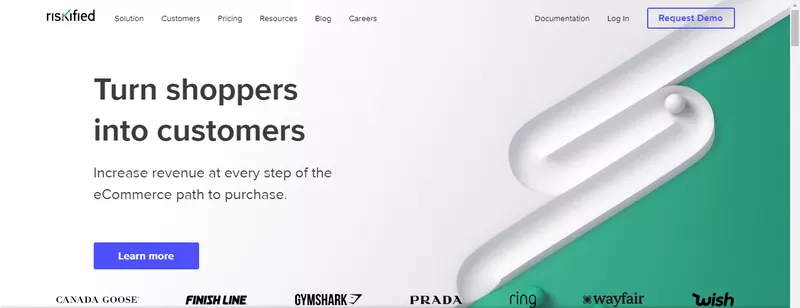
3. Dupzapper
- Dupzapper offers the latest browser and device fingerprinting technology available to date. It detects what device your customers/visitors are using and multiples users of an account which generally leads to a loss for e-commerce. Dupzapper also flags suspicious accounts identified for fraudulent activities.
- It’s easy to install and use. Installing Dupzapper takes only 15 minutes.
- Price: You can get a 30-day free trial after which you will be charged $15 per transaction.
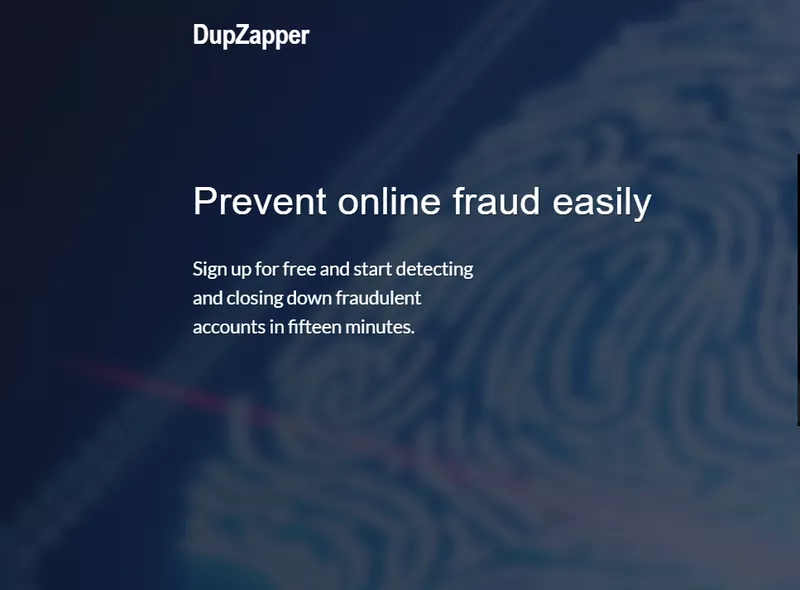
4. Subuno
- Subuno can analyze 100+ risks on your website. It also offers 20+ fraud detection features.
- Price: $19 per month
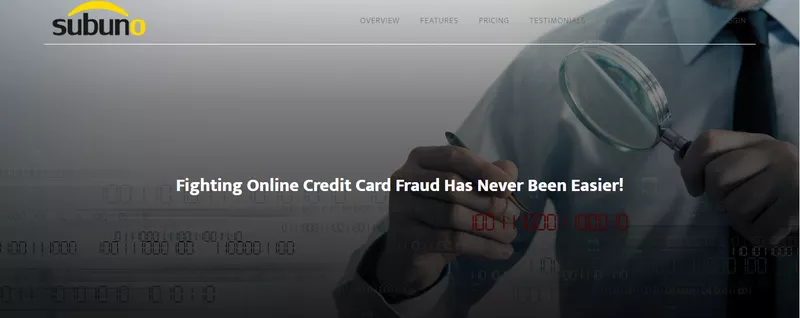
5. Kount
- Price: priced according to transaction volumes
- This particular tool is only supported by Magneto.
- It offers features like geo-location, periodic fraudulent checks, order-linking, etc.
- It is easy to use and has all the information displayed at a single interface.
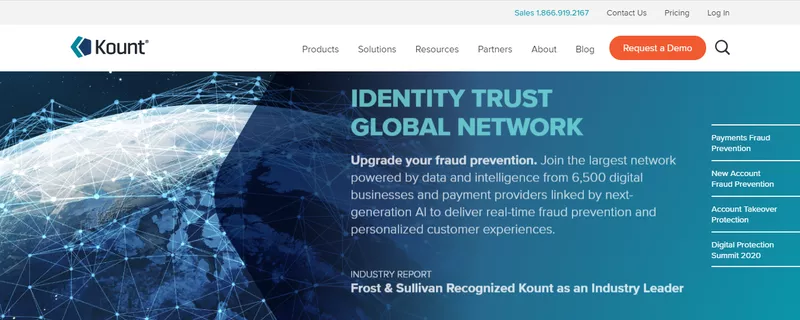
6. Fraudlabs Pro
- Price: free and paid. The paid plan costs $29.95 per month.
- This tool is supported on many platforms like magneto, Shopify, OpenCart, etc.
- They offer a free plan service and paid service. With the free plan, features like SMS validation credits, risk scoring, fraudulent checks, and blacklisting are available.
- With the paid plan, features like email validity check, social profile query, custom country, ISP usage, email domain age, high-risk username, and password.
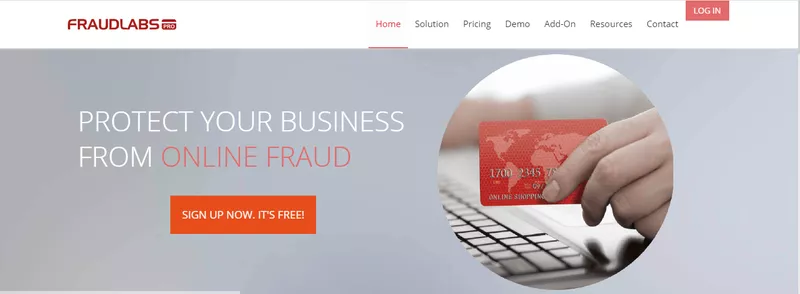
Conclusion
E-commerce is booming. Getting it online is the best thing you can do to expand your business. That being said, there are a few things to watch out for. This post dealt with the types of e-commerce frauds that could happen and the measures you can take to prevent these e-commerce frauds. Hope this helped 🙂
